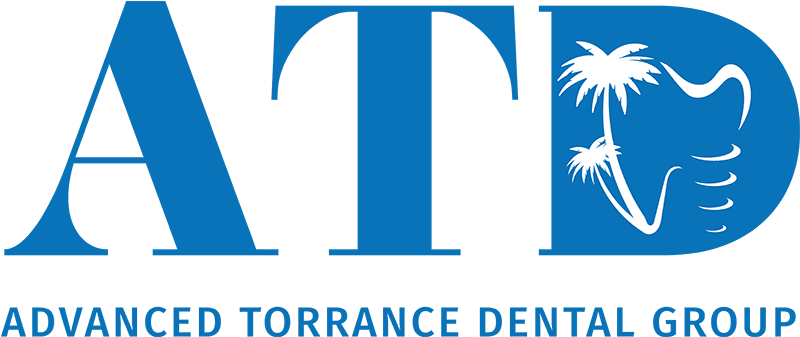Professional dental cleaning is essential for maintaining optimal oral health and preventing serious dental issues. At Advanced Torrance Dental Group, Dr. Mansoureh Soltani and our team of skilled hygienists provide thorough cleanings that remove plaque and tartar buildup that regular brushing and flossing can’t address. We combine professional expertise with a gentle approach to ensure your teeth not only feel clean but are truly healthy.
Dental Cleaning
Understanding Dental Cleaning
Dental cleaning, also known as prophylaxis, involves the removal of dental plaque and tartar that accumulate on teeth over time. Even with diligent home care, these deposits can build up in hard-to-reach areas, eventually leading to tooth decay and gum disease.
Professional dental cleanings use specialized tools to safely remove these deposits without damaging tooth enamel or irritating gums. This preventive procedure typically includes scaling to remove tartar, polishing to eliminate stains, and flossing to clean between teeth where brushing cannot reach.

Benefits of Dental Cleaning
Our Dental Cleaning Process
Comprehensive Oral Assessment
Your dental cleaning begins with Dr. Soltani’s thorough examination of your teeth, gums, and oral tissues. We carefully check for signs of decay, gum disease, and other potential concerns using advanced diagnostic techniques. This detailed evaluation creates the foundation for truly personalized care.
Personalized Care Discussion
Dr. Soltani reviews your oral health findings and discusses any specific concerns you might have about your teeth or gums. We explain what type of cleaning will best address your needs—whether standard prophylaxis or deeper periodontal treatment. Your questions and comfort are our priority during this important conversation.
Expert Plaque and Tartar Removal
Our hygienists skillfully remove hardened deposits from all tooth surfaces using precision instruments designed for maximum effectiveness and comfort. We clean thoroughly below the gumline where bacteria hide and cause inflammation. Special attention is given to problem areas specific to your mouth.
Home Care Guidance
We provide customized brushing and flossing instructions based on your specific oral anatomy and dental conditions. Dr. Soltani might recommend specialized tools like water flossers or interdental brushes based on your unique needs. These personalized recommendations significantly improve your daily oral care effectiveness.
Preventive Planning Session
We’ll develop your ongoing dental cleaning schedule—typically every six months but adjusted based on your individual risk factors. Dr. Soltani may suggest protective treatments like fluoride application or dental sealants if appropriate for your situation. This forward-thinking approach helps prevent future dental problems.
Why Choose Us for Dental Cleaning
At Advanced Torrance Dental Group, Dr. Soltani and our team combine technical expertise with a warm, patient-centered approach. We use the latest dental technology and techniques to provide efficient, effective cleanings while ensuring your comfort throughout the process. Our practice is committed to preventive care that preserves your natural teeth and supports your overall health.
We take the time to understand your unique dental needs and concerns, building relationships based on trust and respect. Our patients consistently praise our thorough cleanings, gentle touch, and the noticeable difference they feel after receiving care at our practice.

Experience the Difference of Professional Dental Care
Your oral health significantly impacts your overall wellbeing and quality of life. Dr. Mansoureh Soltani and our dedicated team at Advanced Torrance Dental Group are committed to providing exceptional dental cleaning services that protect your smile for years to come. Connect with us on Facebook and Instagram to see patient testimonials and learn more about maintaining optimal dental health. Schedule your dental cleaning appointment today by calling 310-534-1809.
FAQs
How long does a dental cleaning take?
A standard dental cleaning typically takes between 30 to 60 minutes to complete. The exact duration depends on the condition of your teeth and the amount of plaque and tartar buildup present. For patients who maintain regular cleaning schedules, appointments are usually shorter as there is less accumulation to remove.
How long after a dental cleaning can I eat?
You can eat immediately after a standard dental cleaning, though your teeth may be sensitive to temperature and certain foods. If you received fluoride treatment as part of your cleaning, we recommend waiting at least 30 minutes before eating to allow the treatment to fully integrate with your tooth enamel. For best results, avoid very hot, cold, acidic, or hard foods for a few hours after your cleaning.
Is a dental deep cleaning ever really necessary?
Yes, dental deep cleaning is necessary when signs of gum disease are present, including deep pockets between teeth and gums that harbor harmful bacteria. This more intensive procedure, called scaling and root planing, removes plaque and tartar below the gumline to help treat early-stage periodontal disease. Without proper treatment, gum disease can progress, leading to tooth loss and affecting your overall health.
How often should you get a dental cleaning?
Most dental professionals recommend getting a dental cleaning every six months for optimal oral health maintenance. However, some patients with certain risk factors or conditions may benefit from more frequent cleanings, such as every three to four months. These factors include a history of gum disease, rapid tartar buildup, certain medical conditions like diabetes, or specific medications that affect oral health.
Do dental deep cleanings hurt?
Dental deep cleanings may cause some discomfort, but we take several measures to ensure your comfort throughout the procedure. We typically use local anesthesia to numb the areas being treated, and can offer sedation options for anxious patients. Many patients report feeling pressure during the cleaning but minimal pain, and any discomfort after the procedure usually subsides within a few days.

Treat Now Pay Later!
We are now partnered with Cherry Payment Plans! Treat now, pay later with one of their payment plans! Patients can apply for up to $25,000 with Cherry via our link today, no hard credit check required and credit scores as low as a 520 are accepted!
- 0% APR Options Available
- Fast & Easy
- No Hard Credit Checks
- Instant Decision


